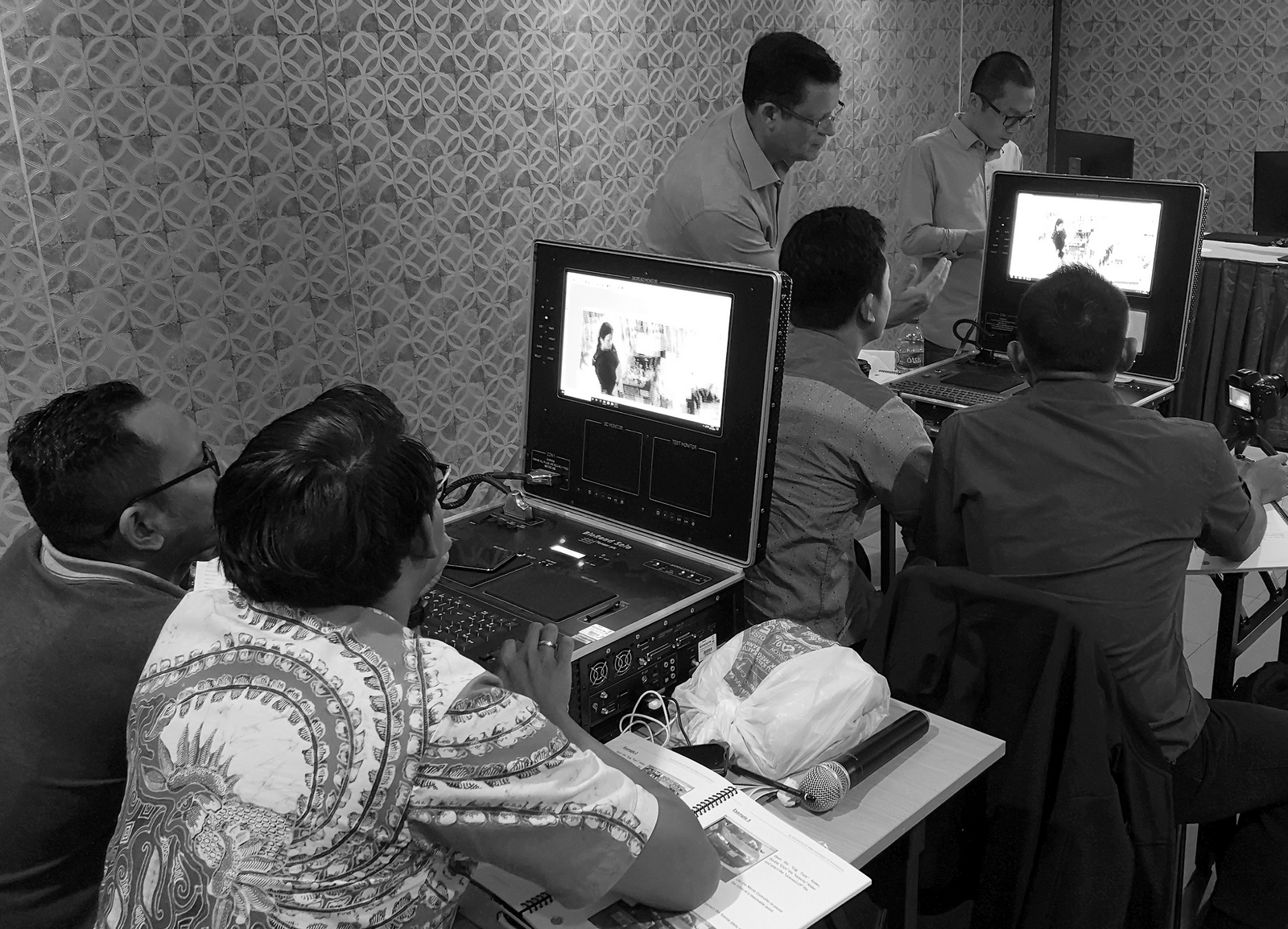In the ever-evolving landscape of digital forensics, staying ahead of the curve is paramount. With the proliferation of new technologies and software applications, law enforcement officers and forensic investigators face the daunting task of keeping their skills sharp and their knowledge up to date. The effectiveness of their evidence hinges on their training, education, and experience. In this article, we delve into the importance of hands-on practical instruction in digital forensic training and how it can empower practitioners to navigate the complexities of modern investigations with precision and proficiency.
The Evolution of Digital Forensic Training
Gone are the days when traditional methods of forensic investigation sufficed. Today, the digital realm presents a myriad of challenges that require specialized skills and techniques. Recognizing this shift, law enforcement agencies and forensic organizations have revamped their training programs to encompass a comprehensive understanding of digital evidence collection, analysis, and preservation.
The Role of Hands-On Practical Instruction
While theoretical knowledge lays the foundation, it is hands-on practical instruction that truly hones the skills of forensic professionals. Video training software has emerged as a powerful tool in this regard, offering immersive learning experiences that simulate real-world scenarios. By leveraging interactive simulations and virtual environments, practitioners can sharpen their investigative techniques in a risk-free setting.
Bridging the Gap Between Theory and Practice
Digital forensic training that incorporates video training software bridges the gap between theory and practice. Rather than passively absorbing information, learners actively engage with simulated cases, applying theoretical concepts to solve practical challenges. This experiential learning approach fosters critical thinking, problem-solving, and decision-making skills, preparing practitioners for the complexities they will encounter in the field.
Staying Ahead of Emerging Technologies
One of the biggest challenges in digital forensics is staying abreast of new and emerging technologies. From encrypted messaging apps to blockchain technology, the digital landscape is constantly evolving, presenting novel avenues for criminal activity. Effective training must equip forensic investigators with the knowledge and tools to navigate these technological advancements with confidence and competence.
The Importance of Up-to-Date Training
In the realm of digital forensics, outdated skills can be detrimental to investigations. Criminals are quick to adapt to new technologies, exploiting vulnerabilities and circumventing traditional investigative methods. To combat this, practitioners must undergo continuous training that reflects the latest developments in the field. Digital forensic training programs that offer regular updates and refreshers ensure that officers and staff are equipped to tackle emerging threats effectively.
Conclusion
In the dynamic world of digital forensics, hands-on practical instruction is indispensable. By immersing practitioners in simulated scenarios and real-world challenges, video training software enhances their investigative skills and equips them to navigate the complexities of modern investigations. With up-to-date training that focuses on emerging technologies and software applications, forensic professionals can stay ahead of the curve and unlock the secrets hidden within digital evidence.

